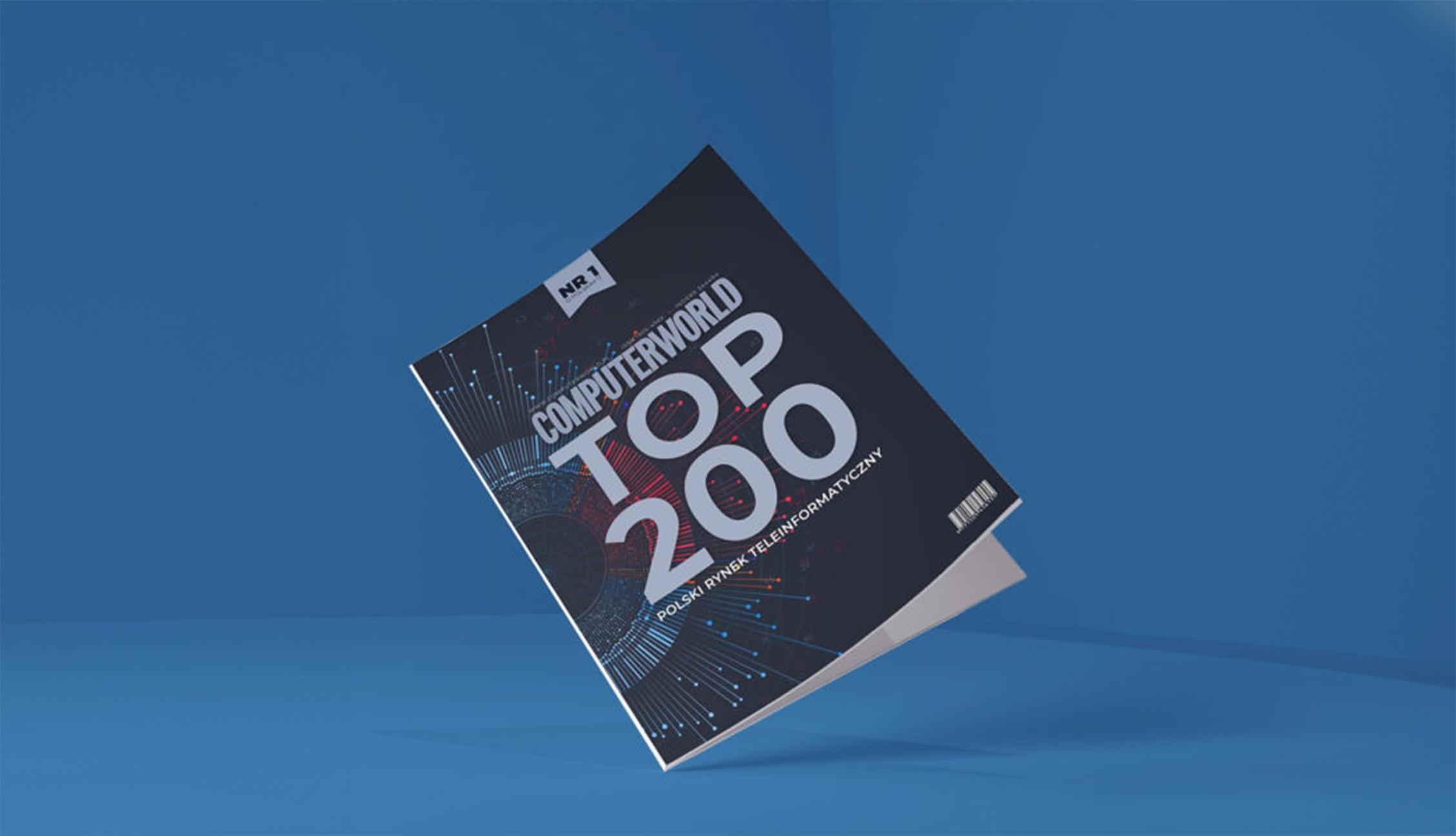FinTech: The Digital Evolution of Finance
What is FinTech?
In the last decade, FinTech, a potent fusion of finance and technology, has transformed the financial terrain, propelling progress in digital payments, e-commerce, and mobile point-of-sale systems. What distinguishes FinTech is its ability to elevate digital revenue channels, empower data-centric choices, and simplify procedures, driven by consumer preferences for effective and user-centric financial instruments.
FinTech Around the Globe
China has emerged as the predominant global force in FinTech, boasting digital payment transactions valued at $2496 billion in 2020. In contrast, the United States secures the second position, hosting a substantial 10,605 FinTech startups as of February 2021, predominantly concentrated in the personal finance sector.
Poland experienced noteworthy FinTech growth in 2019 when third-party entities gained access to bank customer data and the ability to process payments independently of exclusive bank agreements. This innovative stride has positioned Poland as a pivotal player in the FinTech arena, drawing considerable foreign investments. As of 2020, Poland’s FinTech landscape encompasses the following sectors:
- Payments: 23.4%
- Corporate Finance Management: 11.3%
- Personal Finance Management: 9.5%
- Internet Currency Exchange: 7.7%
- Loan Institutions: 7.2%
- Loans and Mortgages: 7.2%
- Blockchain and Cryptocurrencies: 4.5%
- Factoring: 4.5%
- Software Providers: 4.5%
Challenges and Keys to Success in FinTech
Embarking on a FinTech strategy comes with its share of challenges, including regulatory obstacles, outdated systems, non-compatible data structures, a deficiency in FinTech comprehension, and resistance to innovation.
Nonetheless, the achievement of FinTech integration hinges on three fundamental pillars:
Digitalisation
Culture Growth
Facilitating a transformation in work culture involves the comprehensive integration of new technologies, the cultivation of digital skills, and a prioritised focus on employee well-being.
Transactions
Trending Technologies
The future of finance is defined by transformative technologies such as Blockchain, Cloud, Big Data, and Artificial Intelligence, enhancing transaction efficiency, transparency, and cost-effectiveness.
Blockchain
Improves transaction efficiency, transparency, and cost-effectiveness.
Cloud
Enhances banking operations by optimising data management and reducing costs.
Big Data
Provides insights into customer behaviours, enabling superior FinTech services.
Artificial Intelligence (AI)
Automates processes, enhancing time efficiency, cost savings, and customer experience.
Euvic's Role in FinTech's Future
Utilising our “MVP as a Service” model, we accelerate the validation of FinTech business concepts by harnessing technologies such as AI, ML, Big Data, Blockchain, RPA, VR, and more. Our specialisation includes:
- Cryptocurrency exchanges
- AI-powered chatbots and virtual assistants
- Virtual wallets
- Mobile banking apps
- Financial service platforms
- Complex investment product management platforms
Contact us to explore the possibilities.





